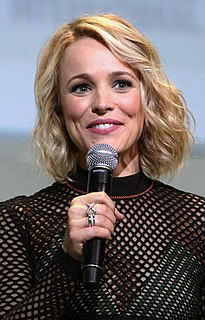A Quote by Franklin Foer
I'd actually argue that the best thing to happen to the 'Washington Post' was hiring Marty Baron, maybe the greatest newspaper editor of his generation.
Related Quotes
I got married three days after graduation, and the first thing I did what I was expected to do which was to work on a small newspaper. So we were in Chicago where my husband worked for the Chicago Sun-Times and we were having dinner with his editor and he said 'So what are you 'gonna do honey?' and I said 'I'm going to work on a newspaper', and he said 'I don't think so", because Newspaper Guild regulations said that I couldn't work on the same newspaper as my husband.
Why, it appears that we appointed all of our worst generals to command the armies and we appointed all of our best generals to edit the newspapers. I mean, I found by reading a newspaper that these editor generals saw all of the defects plainly from the start but didn't tell me until it was too late. I'm willing to yield my place to these best generals and I'll do my best for the cause by editing a newspaper.
I think there's a lot of benefit in letting people vent. When I was on the Manchester Evening News, we got 500 letters a day, and part of my job as editor was to edit them. And I thought that was one of the best things in the newspaper, and it was instituted by an editor known as Big Tom, who said 'this is the voice of the people.' And he was quite right.
"I think we'll have a good potato crop this year," a newspaper editor told his housekeeper one morning. "No such thing," asserted the housekeeper. "I think the crop will be poor." Ignoring her remark, the editor caused to be inserted in the evening paper his estimate of the crop situation. That night when he returned home he found the housekeeper waiting for him with a sheepish grin on her face and a copy of the paper in her hand. "I was wrong," she said apologetically. "It says right here in the paper that the crop will be excellent this fall."
My formal education as an extension to my college degree in journalism was the time that I spent working with the student newspaper. I would argue that my greatest education occurred by working for the student newspaper. It wasn't necessarily the classroom work that made my formal education special. It was the idea that I had the opportunity to practice it before I went into the real world.






































